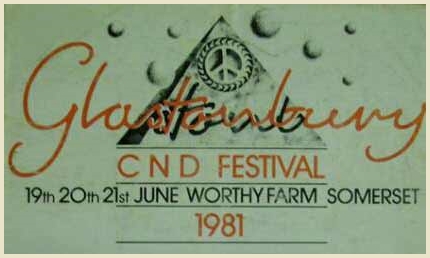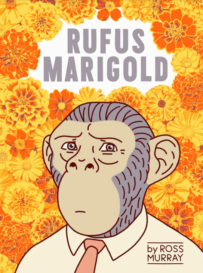Glastonbury is Dead
“I think it could well become more political. We’ve always been a sounding board for lots of unrest. If people are really faced with dire circumstances, that will get them angry and motivated, and that’s the way we’re heading at the moment.”
So said Glastonbury creator Michael Eavis last week of his world-famous music festival. I have never been less convinced.
Let’s get something straight: as a countercultural, political, or revolutionary force, Glastonbury is dead. Kaput.
I know it’s not a new or original observation to state the spirit of Glasto has died. People have been moaning about it for years. Yet for me, this year sealed it. Glastonbury 2011 was the final nail in the coffin. The deluded quote above from Michael Eavis CBE only rubs the salt in.
Glastonbury’s reputation as a radical hotbed of disenchantment and anarchy feels very alien today. The new Glastonbury is £200 tickets. It’s Gwyneth Paltrow and Jay-Z cordoned off in the VIP areas, clapping along to Coldplay.
When dissent does rear its head, such as when one group inflated a balloon protesting U2’s tax avoidance during the band’s set, stewards instantly tore it down, fearful that the tax-avoiding multi-millionnaires on stage might have their feelings hurt. It’s a far cry from the 1981 festival, which was staged exclusively to raise funds for CND.

Any pretences that Glastonbury is politically meaningful can now be discarded with. I’m not suggesting Glastonbury has no cultural worth. However, it would be nice to see Michael Eavis and his fellow organisers acknowledge the truth: Glastonbury is slowly becoming a part of the establishment, and it’s insulting of Eavis to pretend otherwise.
Political protesting hasn’t disappeared entirely in 2011, thank heavens, but it feels more muted and marginalised than before, somehow politer and more middle-class – even in previously simmering pits of outrage like Glastonbury.
Chris Greenhough
Tags: cg, Glastonbury, michael eavis, music, Music Festivals, politics, protest, tax avoidance, u2















Glastonbury Festival is not ‘slowly becoming part of the establishment – it is the establishment. At near £200 a ticket, it is hardly addressing class issues with its access policy. It does not pay most of its cultural workers, other than with a free ticket and sometimes meals; Arts Council rates are void here. Lots of good opportunities, great culture, a transient platform for individual voices – all penned in to the festival zoo. For a price.